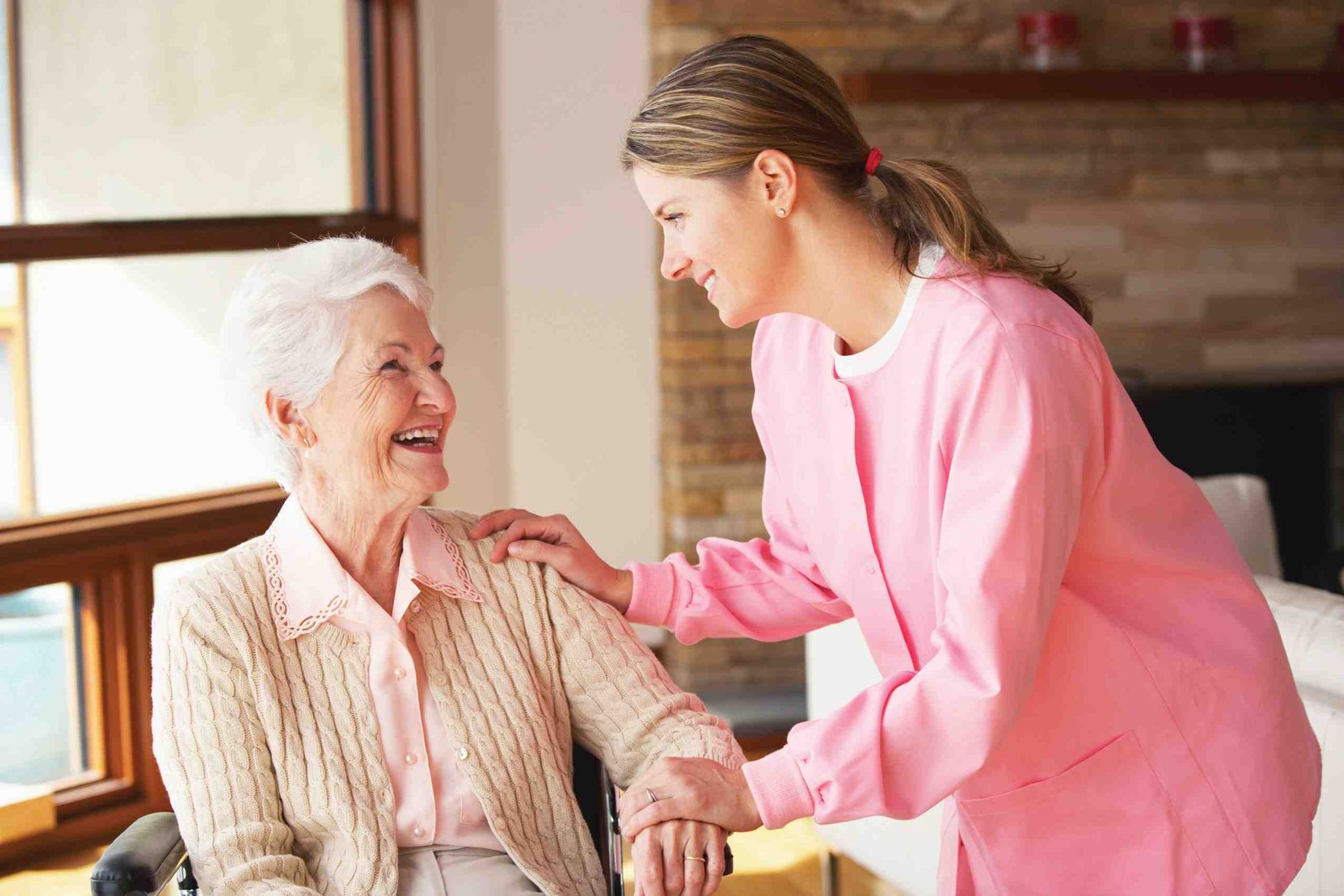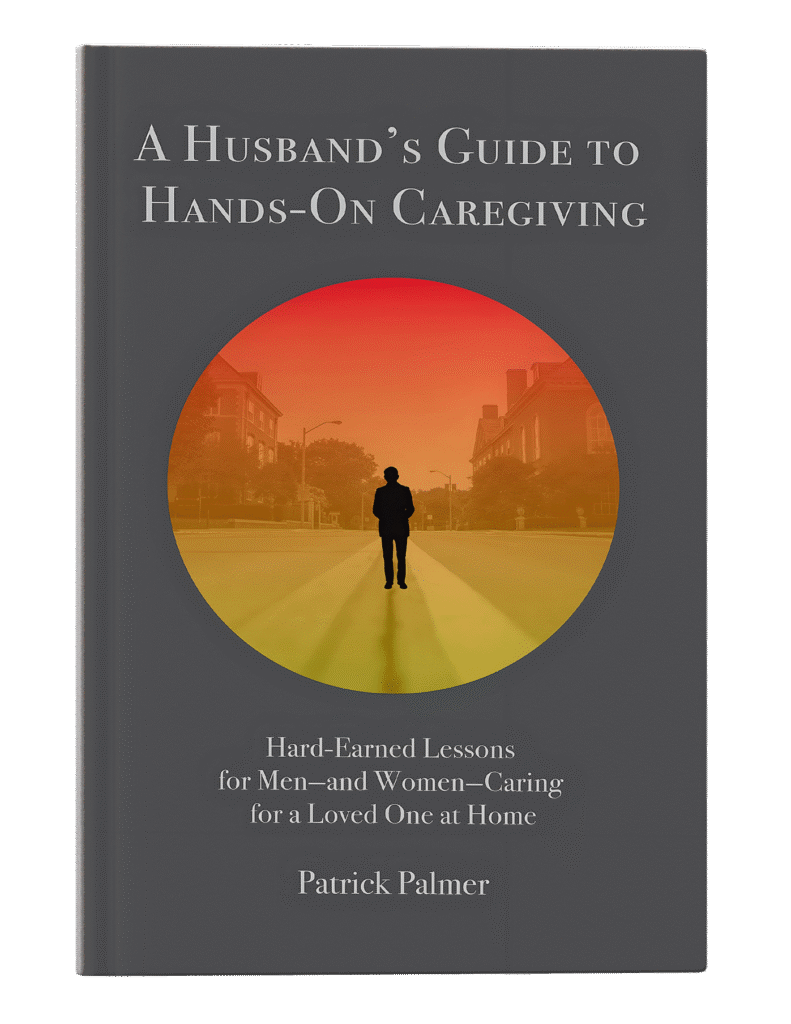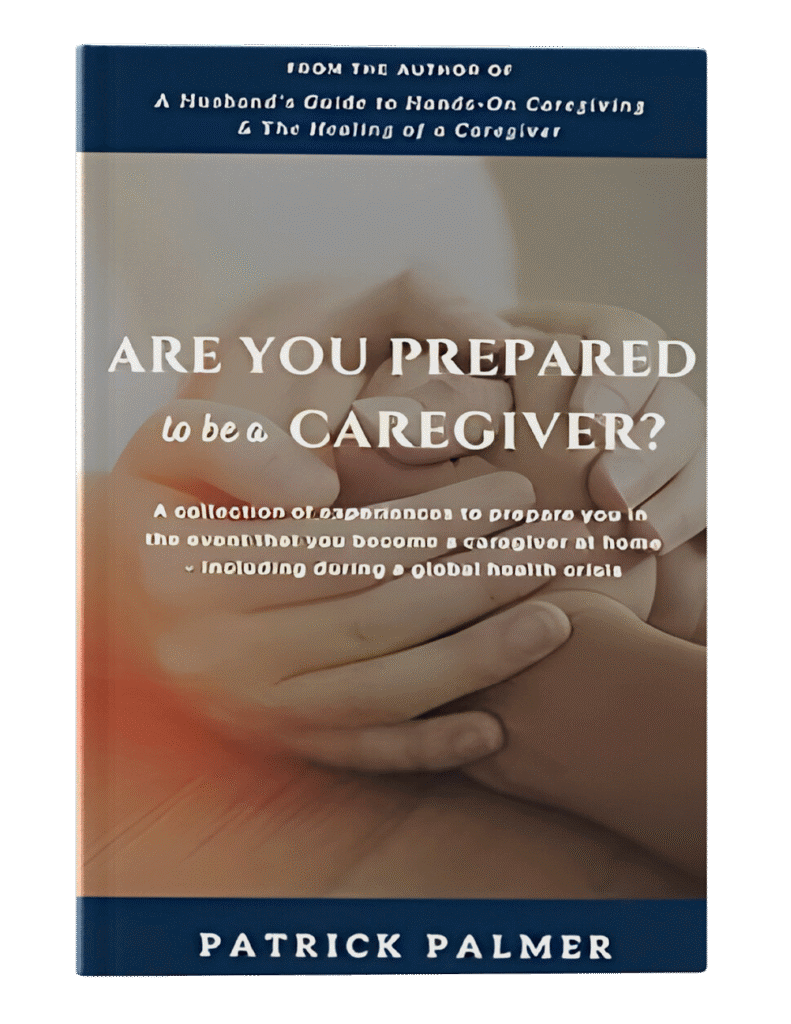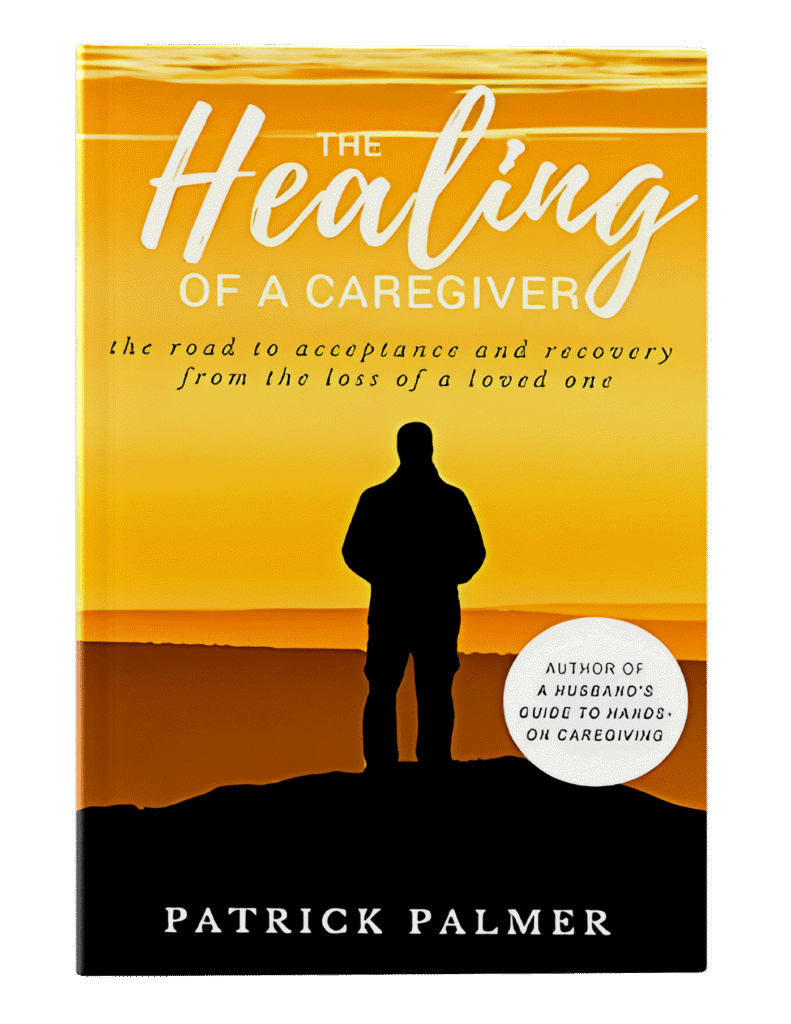WHAT IS A LAY CAREGIVER?
What is a lay caregiver, and why is their role so important? A lay caregiver, often a family member or friend, plays a critical role in a patient’s recovery—especially when long-term care is needed at home. Without formal medical training, these caregivers step in out of love and duty, sometimes sacrificing their own well-being to ensure the patient receives the necessary support.
If you’ve ever heard the terms “lay caregiver” or “informal caregiver” and wondered what they mean, you’re in the right place. Let’s explore what it truly means to be a lay caregiver.
If you’ve ever heard terms like “lay caregiver” or “informal caregiver” and wondered what they mean, you’re in the right place. Let’s understand what it means to be a lay caregiver.
What is a lay caregiver?
According to the Care Act, a lay caregiver is someone—typically a relative or close friend—who provides basic assistance to a patient after they are discharged from the hospital. Their role is vital in helping patients recover comfortably at home in a familiar environment.
Even without formal healthcare education, lay caregivers are a key part of the healing process. They assist with daily activities such as bathing, dressing, meal preparation, and administering medications. For children or individuals with Alzheimer’s or other chronic conditions, lay caregivers provide extra attention and help manage medical needs with care and compassion.
Are there any requirements to become a lay caregiver?
Becoming a lay caregiver doesn’t require a medical degree, but it does require empathy, patience, and adaptability. Caregivers must often help people with both physical and mental health issues.
Basic requirements may include sharing your contact information and relevant background (including health and criminal records) with the patient’s legal guardian. There are no strict age limits—lay caregivers can be teenagers, adults, or seniors—what matters most is their dedication and reliability.
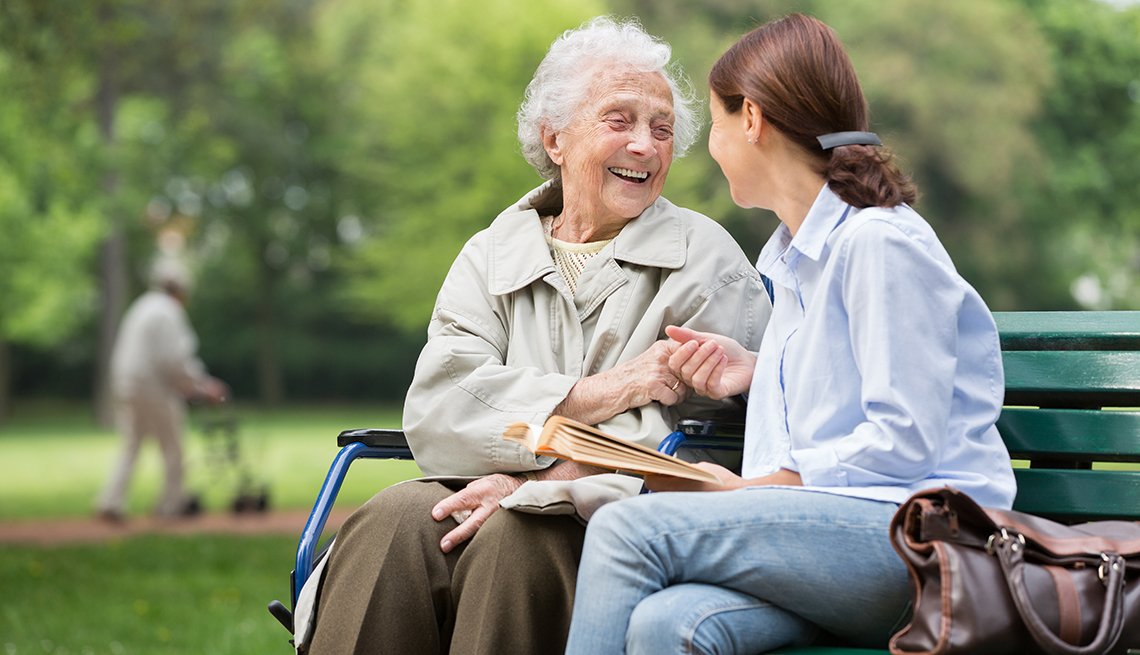
What are the duties of a lay caregiver?
A lay caregiver’s responsibilities depend on the patient’s discharge plan and specific needs. Common duties include:
Assisting with daily activities like bathing, dressing, toileting, and meal preparation
Helping with medication reminders and administration
Providing emotional support and companionship
Scheduling doctor visits, shopping, or social activities
Coordinating with healthcare providers and family members
Lay caregivers often act as a communication bridge, ensuring all parties involved in the patient’s care are on the same page.
What is the difference between a nurse and a lay caregiver?
Both nurses and lay caregivers play important roles, but they differ in training and responsibilities. Nurses are licensed healthcare professionals trained to provide medical care, diagnose conditions, and follow clinical procedures.
Lay caregivers, in contrast, are non-professionals who offer emotional, cultural, and basic physical support in a home setting. While they don’t have formal medical training, they are invaluable to the patient’s overall well-being.
Caregiving Books: A Practical Source of Support
Books can offer guidance, comfort, and advice to caregivers during difficult times. Author and cancer research advocate Patrick Palmer has written several books designed specifically to help caregivers navigate their roles with confidence and compassion.
Explore his books today and help reduce the burden of caregiving for yourself or someone you know.
According to the Bureau of Labor Statistics, the United States has over 53 million unpaid caregivers, many of whom are elderly and struggling with their own health difficulties. Caring for a loved one may be extremely stressful, sometimes leaving caregivers feeling drained and frustrated. Although services are available to support the lay caregivers, they can be expensive and out of reach for many families.
Caregiver burden is a huge problem in this country. One of the main challenges is coping. Often the caregiver is a partner, someone they planned to grow up with, and then their worlds change completely. It is critical that we, as a society, support our lay caregivers and provide them with the appropriate tools and resources to appreciate their efforts and let them know that they have a shoulder to cry on.
Caregiving books are one way to provide support. These books can provide useful information, practical advice, and emotional support. Cancer research advocate and author Patrick Palmer has some amazing books that can be a great resource for caregivers. His books offer guidance and empathy, designed to help caregivers navigate their difficult roles.
Buy now and help lighten the burden of caregivers around you.

